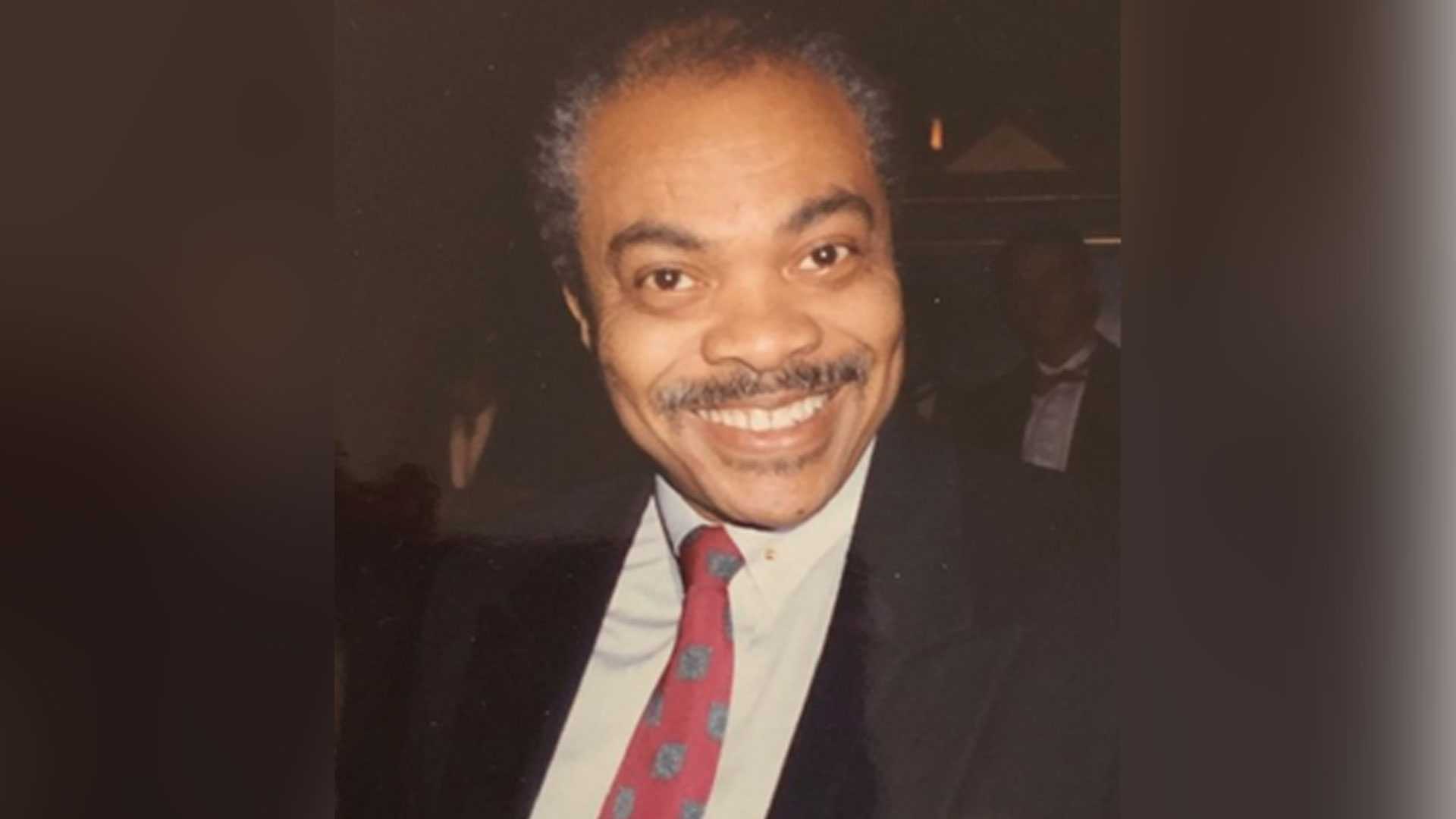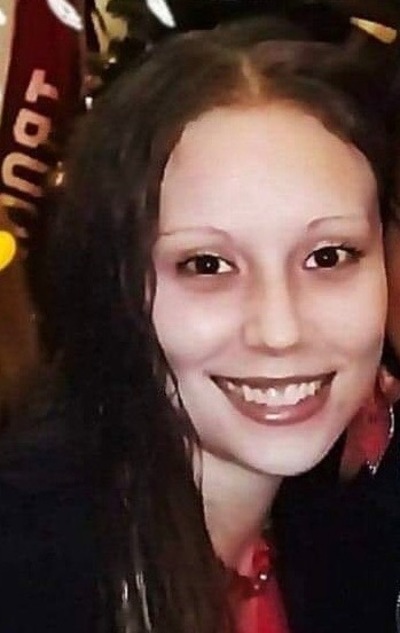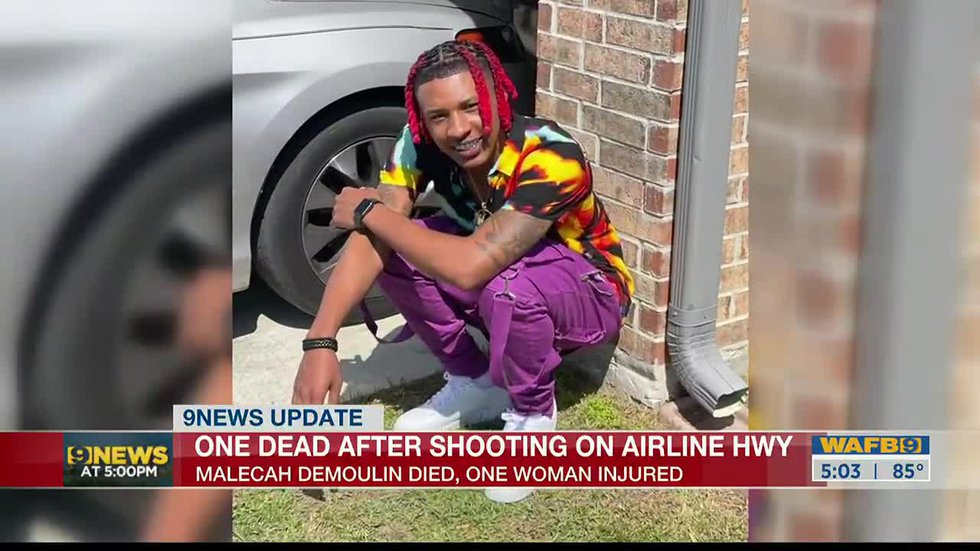William “Bill” Owens, Sr.

In the small town of Demopolis, Alabama, William Owens was born July 6, 1937, to Reverend Jonathan Owens and Mrs. Mary Alice Clemons Owens. His formative years were spent in Alabama; and formal education began in a small, segregated school – U. S. Jones High School.
While attending school in Demopolis, William was an outstanding student – participating in several extracurricular activities. Most memorable were his oratorical skills and leadership capability. He joined Eastern Star Baptist Church, under the leadership of Reverend Ralph Abernathy, who, despite Bill’s young age of 12 years old, appointed him as Superintendent of Sunday School and Chairman of the Courtesy Guild.
Whenever anyone would ask Bill what he wanted to be when he grew up, his answer was always the same: “I want to be President of the United States.”
Building on the confidence he exhibited in his own ability, it was no surprise to anyone who knew Bill that he would, indeed, accomplish great things.
Upon leaving Demopolis at the age of 15 and joining his older brothers in Boston, Bill enrolled in and graduated from English High School. He recalled that the school system in Boston was much different from that in Demopolis. “While the entire school population in Demopolis was Black – students, teachers, and administrators – schools in Boston were almost entirely opposite. At English High, all of the staff, and a vast majority of students were white, with many backgrounds and cultures.”
He also noted that: “Despite the segregated school system and the sub-standard learning environment in Demopolis, teachers, all of whom were Black, were excellent. They were caring, knowledgeable, and, along with parents, instilled in us a strong desire for learning.”
Bill was an entrepreneur – owning at least three dry cleaners in the Mattapan, Roxbury, and Dorchester areas of Boston. Additionally, Bill and his older brothers formed a singing group titled The Owens Brothers. High in demand on the entertainment circuit, some of their most popular songs included: Please Don’t Leave Me, Ole Man River, I Apologize, Blues Train, and Night Train (recorded on ABC Paramount Records).
Bill’s desire for learning compelled him to attend Boston University, went on to earn a Master’s Degree in Education from Harvard University and pursued a PhD at the University of Massachusetts, Amherst which halted when he decided to run for elected office.
In 1972, Bill was elected to the office of State Representative, and in 1974 to the Massachusetts State Senate – becoming the first Black Senator in the state of Massachusetts. He attributed his election to both offices to a core group of people who shared a vision of liberation, including Jemadari Kamara, Mtangulizi Sanyika, and Shirley Owens-Hicks. In 1982, Bill lost an election and during the next election cycle, won the Senate seat again.
While in the Senate, Bill’s legislative initiatives included affordable housing, healthcare, economic development, education, public safety, job creation and reinvestment in inner city neighborhoods. He held several leadership positions, one of which gave him responsibility for oversight of a $7 billion budget as Chairman of the Committee on Human Services and Elderly Affairs. He also took the lead in the Senate to secure $30 million to build Roxbury Community College and $19 million to build the Reggie Lewis Athletic Center adjacent to the College. Some additional legislative accomplishments include: creation of the State Office of Minority and Women Business Assistance (SOMBA) to promote business development and ownership by people of color and women, first-in-the-nation Massachusetts AIDS Fund, the Summer Youth Jobs Program, passage of the Assault Weapons Ban, X-ray safety bill and he was instrumental in advancing the rights of the LGBTQ+ community. On the international stage, Bill was instrumental in pushing the destabilization of the South African economy under apartheid by preventing the South African Krugerrand from entering MA and pressuring large institutions to divest in South Africa. He was also the first company to bring solar energy to Nigeria.
He also created the Urban Initiative Fund, Roxbury Trust, China Town Trust, and The Minority Health Commission.
Always a champion for Civil Rights, Senator Owens considered Reparations a key component to gaining equity for descendants of former slaves, and asked Chokwe Lumumba to write the legislation, which he filed. This Reparations Legislation, the first to be filed in any legislative body since Reconstruction, was filed in 1989 by Senator William (Bill) Owens. State Representative Shirley Owens-Hicks and State Representative Byron Rushing co-sponsored the legislation, which reads:
“The Commonwealth of Massachusetts shall pay reparations to people of African descent born in the United States for malfeasance and culpable nonfeasance of the Commonwealth, its agents, employees and citizens with regard to the institution of African slavery, the African slave trade, and invidious discrimination against descendants born in the United States for the payment of the above indicated reparations.”
In 1990, the Senator was invited to Nigeria by Chief M.K.O. Abiola to speak at a forum. More recently, in 2015, he was invited by Dr. Joyce Hope Scott, to speak at a conference in Edinburgh, Scotland where he presented a paper on Reparations. Suffice it to say that Reparations remained a passion for the Senator while in office and out of office. He continued to embrace the hope that descendants of formerly enslaved individuals would be compensated.
Bill created The Black Men’s Health Initiative, with offices at University of Massachusetts Boston, which had a national reach and focused on the education and access to physical and mental health for men. Bill served as chair of the board of the Mattapan CDC, was a board member of Man Up an organization dedicated workforce development and higher education opportunities for men of color. He initiated and launched The Black Agenda which fosters civil engagement and actions which leads to changing laws that uplift Black people. Bill was engaged in a host of initiatives and programs related to removing barriers in education and economic development specifically for communities of color.
Bill was truly a giant on the international stage. Most importantly, he was an amazing human and loved his family. He had this unique ability to see people, connect with them and inspire them to step into themselves more freely and fully. Bill was authentic, kind, and generous with his time, wisdom and talents.
Bill was the loving father of: Curtis Owens (Elaine); Laurel Owens; William Owens, Jr.; Adam Owens (Rhonda); Brenda Richard; Sharra Owens-Schwartz (Karen).
Bill was the brother of Johnny Owens–deceased; L. J. Owens–deceased; Robert Owens–deceased (Amie); Roberta Owens-Jones; Rep. Shirley Owens-Hicks (Ret.); Joe Owens-deceased; Henry Owens-deceased (Patricia).
Celebrating Bill’s life are his sisters, loving children; mothers of his children; grandchildren; great grandchildren; sisters-in-law; nieces; nephews; relatives and friends. Also celebrating his life are children whom he mentored, guided, and sheltered – becoming a surrogate father to many. Suffice it to say that an entire community will remember, with love and gratitude, Senator Owens. He continued to advocate for countless individuals even after his departure from elective office.
Bill was a visionary. He lived a full and rich life, giving to others at every opportunity, traveling the world as an ambassador of peace, the voice of change and the hand of reason.
We love you, Bill – Rest in Peace!



